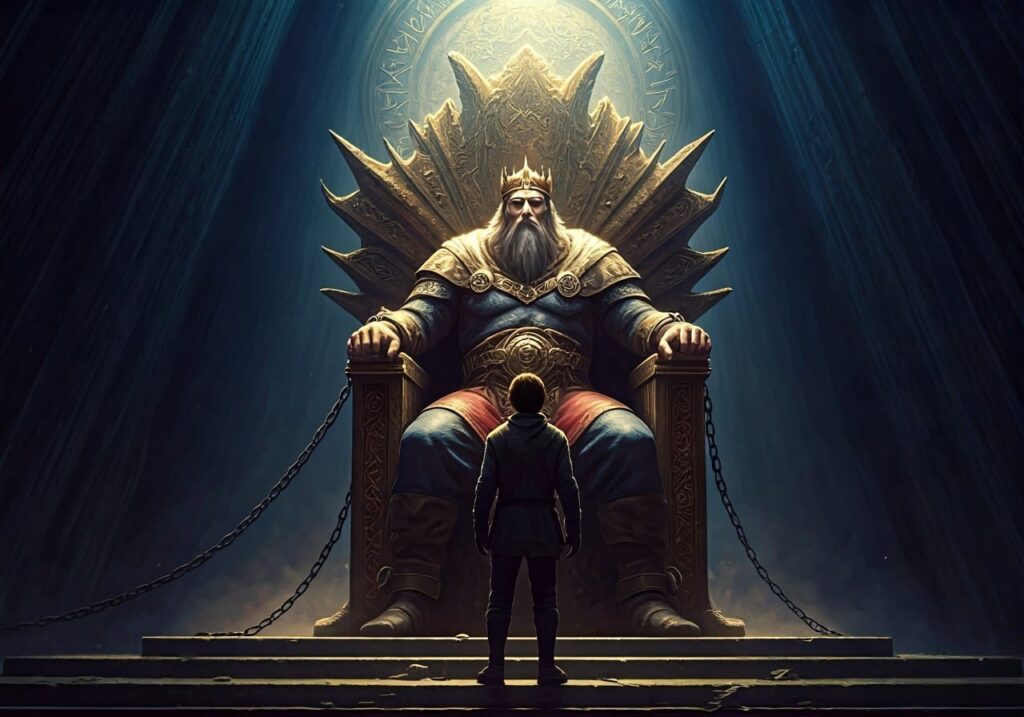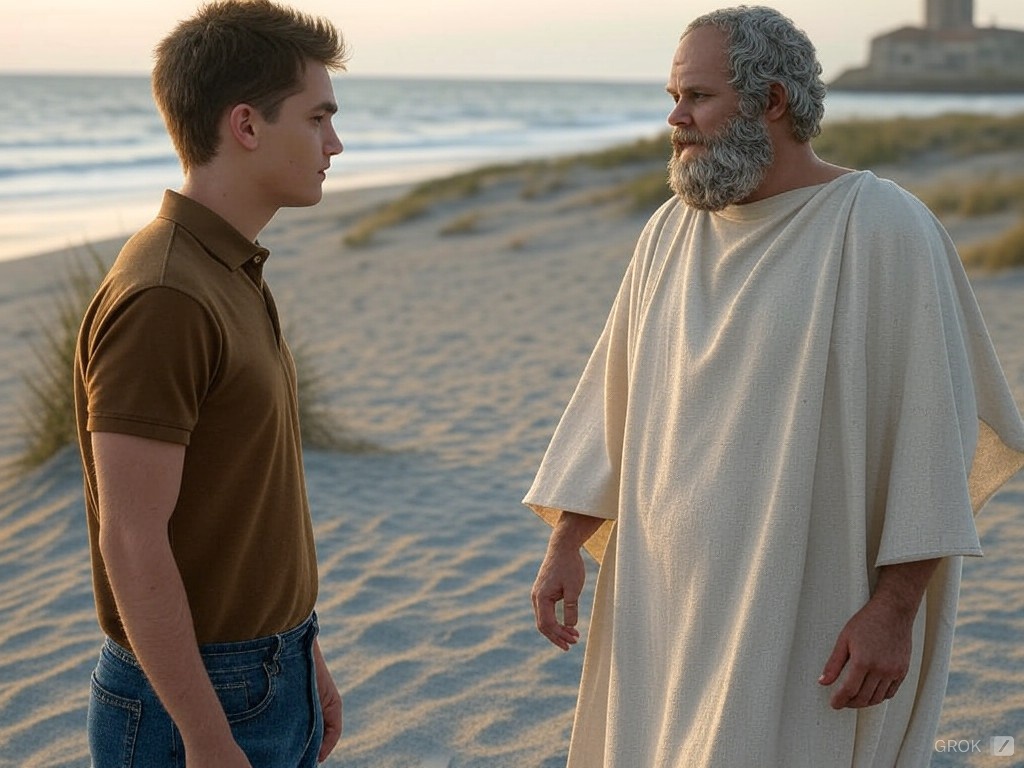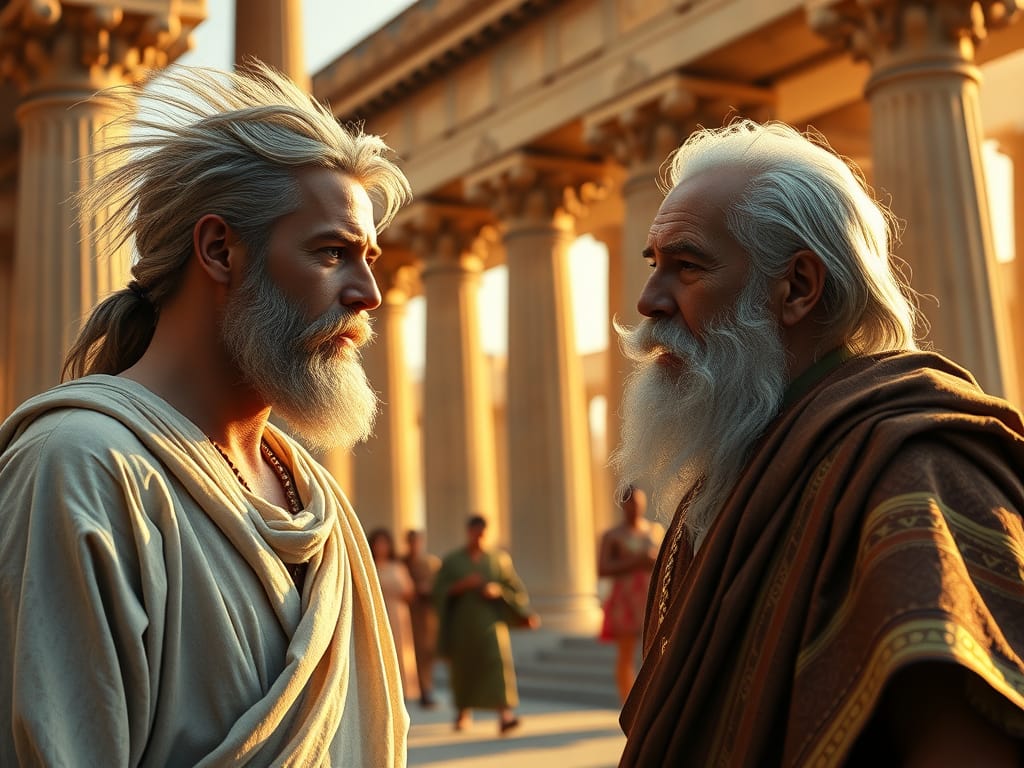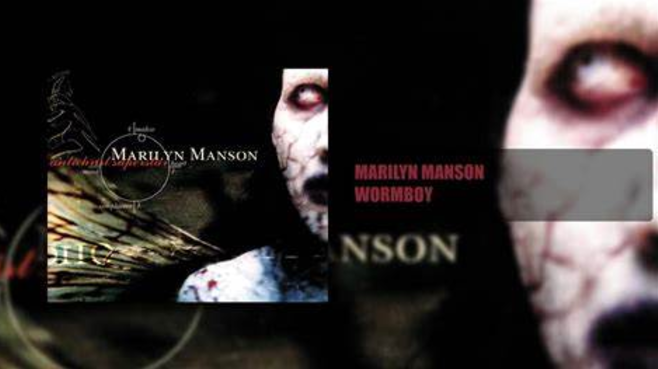
The basic logic of alternative centrism is that all other political positions have failed, but that they were tried for logical reasons, and that if those reasons are understood a composite political philosophy can be created that preserves the good aspects of all the previous positions, while avoiding the bad aspects.
The first part of alternative centrism is alternative. This means alternative to The Establishment: in this context the globalist political establishment that has ruled the world since 1945. According to this view, the mainstream left and right parties are just wings of one Establishment that co-operates with itself while creating the illusion of competing.
The reason why the Establishment is opposed is simply because it has failed. The standard of living inherited by the younger generations today is far, far lower than that enjoyed by the Boomers. As such, the younger generations feel no need to be grateful for the status quo. To the contrary – they seek to dismantle it. Sometimes this means to reduce the Establishment to zero; sometimes this means to reverse what the Establishment has done to the people. In either case it means seeking an alternative to how things are usually done.
The second part of alternative centrism is centrism. This means centrist in comparison to the left and the right.
This centrism is – and this must be understood – an alternative centrism, not an establishment centrism. In other words, it’s not an insipid compromise between two weak and irrational positions. The alternative centrist is happy to have left-wing attitudes more extreme than the leftists, or right-wing attitudes more extreme than the rightists. The most important thing is not whether an attitude is consistent with a position on a wing, but whether it is consistent with reason and with the logic of the situation at hand.
A person is an alternative centrist, then, if they can answer Yes to two questions: Do you think the political establishment has failed and needs to be replaced? Do you think the alternative left and alternative right are both dangerous extremists?

The existing political establishment is understood to be comprised of the winners of World War Two, i.e. mostly capitalists and communists. This means that the political establishment is understood to consist of right-wing elements and left-wing elements in roughly equal measure. A person cannot be an alternative centrist if their struggle is against one of rightism or leftism exclusively, or even predominately. It has to be appreciated that both sides contain evil. Alternative centrism embodies Solzhenitsyn when he wrote “the line separating good and evil passes not through states, nor between classes, nor between political parties either – but right through every human heart.”
The alternative centrist understanding of history is elaborated upon in other chapters. Here, it’s enough to say that the alternative centrist considers modern political history to have tried five political positions, all of which have failed: establishment right, establishment left, establishment centre, alternative right and alternative left. However, these positions have not been tried and failed because they were completely false, or because their proponents were stupid and evil.
Alternative centrism holds that each of the previous five positions has an internal logic suited for specific circumstances. The error lies in assuming that this logic applies to all circumstances.
The basic logic of alternative centrism is that one can apply the logic of any of the previous five positions, in whole or in part, in combination or individually, if the specific circumstances permit. Therefore, the alternative centrist seeks to understand the motivations, intentions and aspirations of those who promulgate the previous five positions. Knowing this, they can fluidly switch mindset to whatever is appropriate at the time.
Much of the rest of the first part of this book, then, examines the other five political positions from an alternative centrist point of view. This means from a point of view that sees both the strengths and the weaknesses of all five positions, and the psychology of the supporters of each of those positions.
The second part of this book examines the various policy areas that are influenced by political position, and the alternative centrist view on each of these. In principle, the details of every policy area vary depending on the underlying political position taken. As such, this second part of the book covers a wide range of topics.
The third part of the book deals with the realpolitik of alternative centrism, in particular who constitutes the ingroup and who the outgroup, and how to deal with both. This part explains that alternative centrism is necessarily a revolutionary libertarian nationalist movement, by virtue of its being anti-establishment, the establishment being a status-quo-supporting authoritarian globalist movement.
The ultimate aim of this book is to elucidate a political philosophy fit for the 21st Century and beyond. The belief is that alternative centrism can not only meet the political desires of the vast majority of the population, but also provide a methodology for managing society without the volatility of the previous five positions.
The approach detailed above ought to lead to order, freedom, peace, truth and justice and avoid stagnation, chaos, degeneracy, cruelty and stupidity more effectively than any of the five previous positions could ever hope to do.
*
For more of VJM’s ideas, see his work on other platforms!
For even more of VJM’s ideas, buy one of his books!
*
If you enjoyed reading this piece, buy a compilation of our best pieces from previous years!
Best VJMP Essays and Articles of 2023
Best VJMP Essays and Articles of 2022
Best VJMP Essays and Articles of 2021
Best VJMP Essays and Articles of 2020
Best VJMP Essays and Articles of 2019
Best VJMP Essays and Articles of 2018
Best VJMP Essays and Articles of 2017
*
If you would like to support our work in other ways, make a donation to our Paypal! Even better, buy any one of our books!





